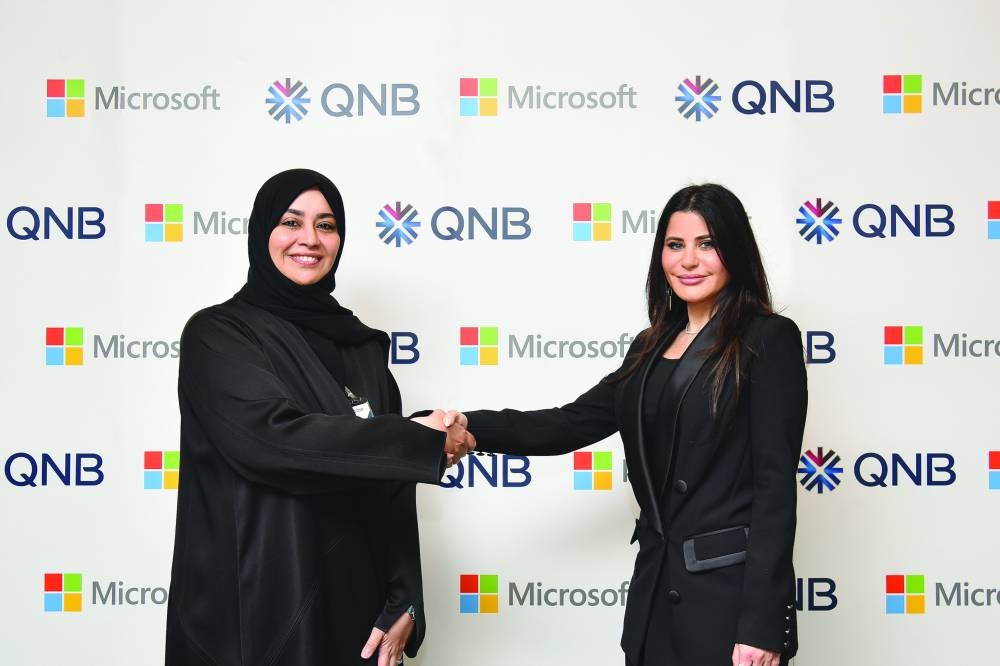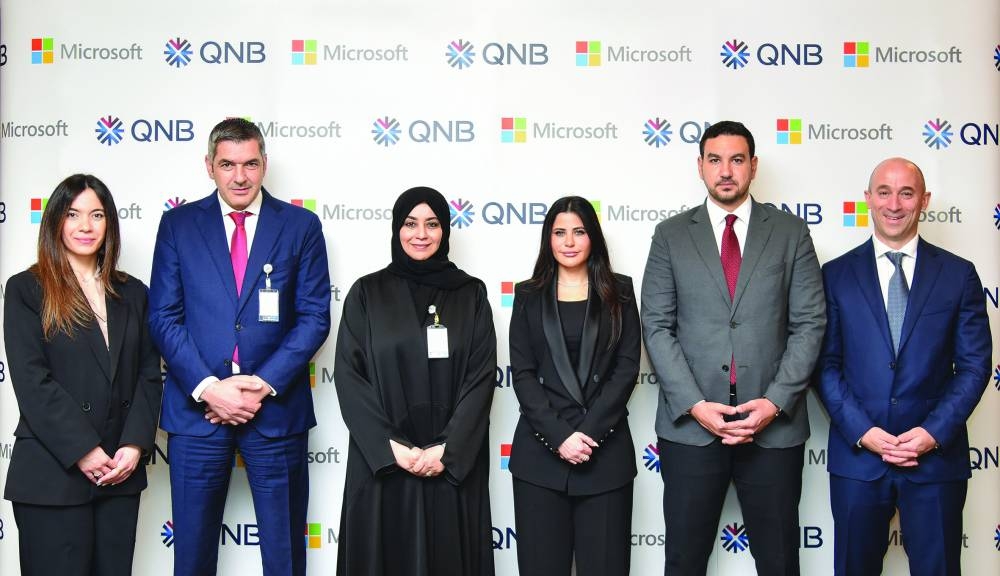QNB Group has launched ‘Staff Rewards’, a fully cloud based application, leveraging the cutting-edge capabilities of Microsoft Azure cloud platform.
QNB’s Cloud Transformation journey aims to fully embrace the transformative potential of cloud computing and modernise traditional banking practices.
Together with AI and Data Analytics, QNB will revolutionise banking for its customers with data driven, customer-centric, innovative and smarter solutions in the future.
The Staff Rewards application not only rewards its dedicated staff, but also streamlines the process for enhanced efficiency and transparency.
The application provides several pivotal features, offering global benefits to the employees across all regions where QNB operates. These include accommodations, dining, educational advantages, and much more.
Commenting on the application launch, Maryam Mohamed al- Kuwari, senior executive vice-president (IT), QNB Group, said: “Embarking on a new era of recognition and appreciation, we're thrilled to unveil our staff rewards portal. Harnessing the cutting-edge capabilities of Microsoft Azure, we are setting the gold standard for employee engagement and empowerment. We will continue to explore innovative solutions, leveraging Microsoft Azure cloud and AI services, to stay at the forefront of the banking industry.
Microsoft Azure, known for its robustness and security, emerged as the platform of choice for QNB. Its advanced cloud infrastructure ensures seamless access, data protection, and real-time analytics, which are key components vital for banking applications.
Considering the multiple benefits that cloud computing offers – increased efficiency, improved capacity, scalability, resiliency – QNB will further continue with its Cloud Transformation Roadmap using the ‘Lift and Shift’ approach.
By leveraging cloud capabilities, the bank will bring an unparalleled experience to its customers in the digital banking and AI space.

QNB’s Cloud Transformation journey aims to fully embrace the transformative potential of cloud computing and modernise traditional banking practices

